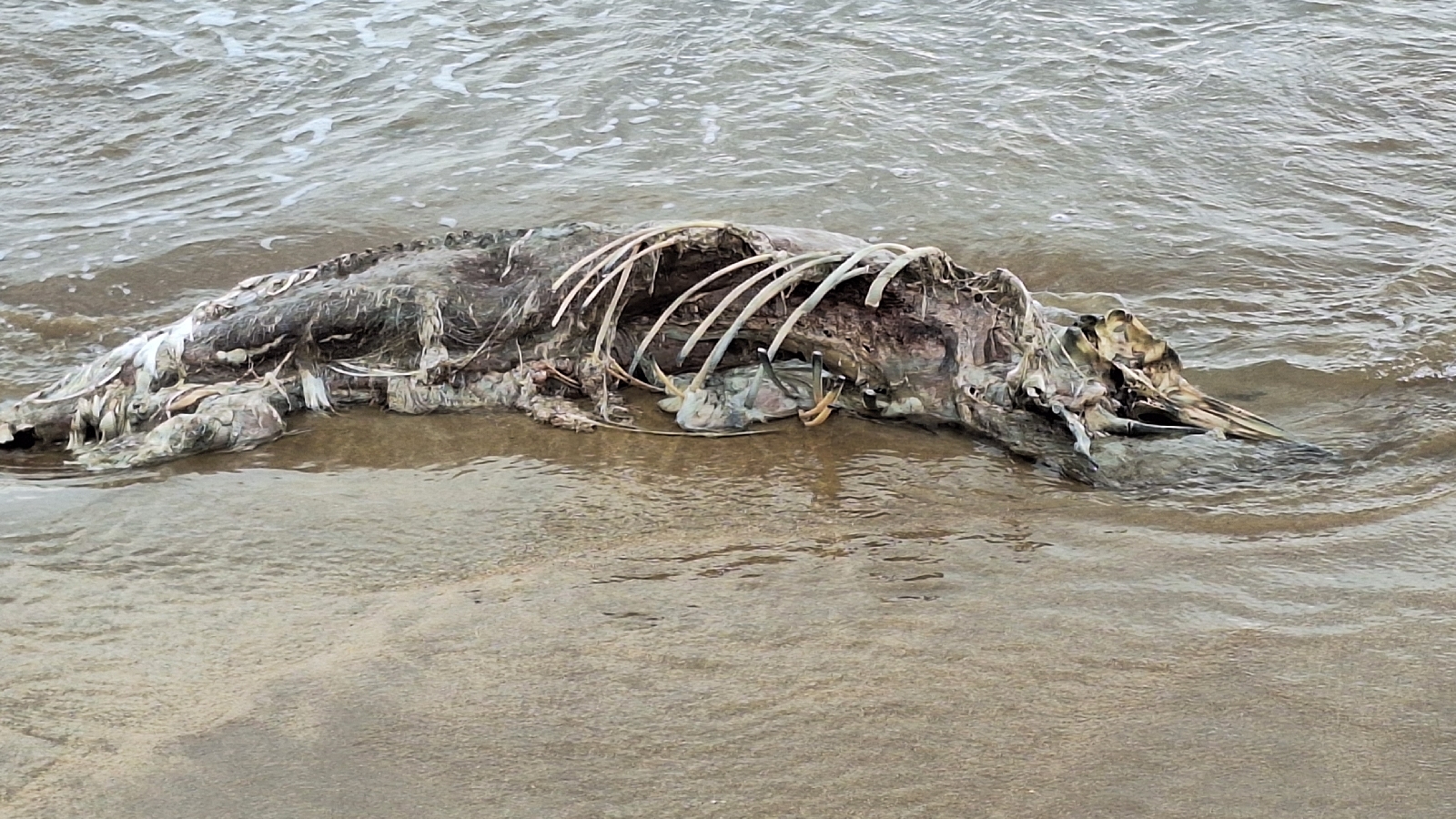Climate change inevitably means the weather becomes less predictable. There will be more extreme events including droughts, floods and violent storms. The UK's Climate Change Committee says the country's economy and environment is in increasing peril. Government is cutting back on flood defences and has not yet forced its privatised water companies to prepare for the coming challenges. Transport, commerce and farming are sure to be impacted (https://www.theguardian.com/environment/2025/apr/30/labour-not-protecting-people-economy-and-homes-from-climate-crisis-watchdog-says). Governments always seem to assume they can hope for the best, rather than making preparations for the inevitable consequences of climate change. The assumption seems to be that any available finance should be directed to the economy and/or military preparations. Both, however, will be severely damaged by extreme weather events.



















%20mating%20close%20up%20Bynea.jpg)

%20North%20Gower.jpg)


%20mating%20lateral%20NWCW.jpg)
%20lateral%20Loughor.jpg)




%20mating%20Machinys.jpg)


%20mating%20on%20reed%20up%20NWCW.JPG)
%20mating%20Crymlyn%20burrows.JPG)

%20mating%20on%20reed%20Oxwich.JPG)

%20lateral,%20close%20up%20Bynea%20(2).JPG)
%20%20Gorseinon.jpg)
%20unfurled%20Bynea.jpg)
%20mating%20Penclacwydd.JPG)


%20mating%20Saramsa%20Park.JPG)

%20on%20side%20Loughor%20bridge.JPG)




%20Crymlyn%20Burrows.JPG)
%20Fairwood.JPG)
%20Langland.jpg)

%20mating%20NWCW.jpg)

